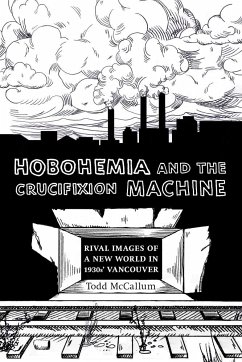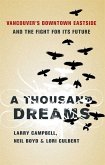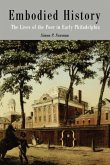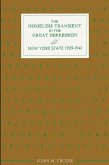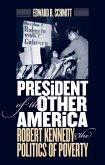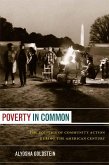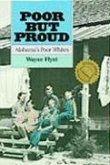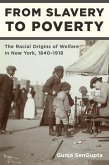In the early years of the Great Depression, thousands of unemployedhomeless transients settled into Vancouver's "hobojungle." The jungle operated as a distinct community, in whichgoods were exchanged and shared directly, without benefit of currency.The organization of life was immediate and consensual, conducted in theabsence of capital accumulation. But as the transients moved from thejungles to the city, they made innumerable demands on Vancouver'sRelief Department, consuming financial resources at a rate thatthreatened the city with bankruptcy. In response, the municipalityinstituted a card-control system--no longer offering reliefrecipients currency to do with as they chose. It also implemented newinvestigative and assessment procedures, including office spies, toweed out organizational inefficiencies. McCallum argues that, threatened by this "ungovernable society,"Vancouver's Relief Department employed Fordist management methodsthat ultimately stripped the transients of their individuality.Vancouver's municipal government entered into contractualrelationships with dozens of private businesses, tendering bids formeals in much the same fashion as for printing jobs and constructionprojects. As a result, entrepreneurs clamoured to get their share ofthe state spending. With the emergence of work relief camps, theprovincial government harnessed the only currency that homeless menpossessed: their muscle. This new form of unfree labour aided theprovince in developing its tourist-driven "image" economy, as well as facilitating the transportation of natural resources andmanufactured goods. In also led eventually to the most significantprotest movement of 1930s' Canada, the On-to-Ottawa Trek.Hobohemia and the Crucifixion Machine explores the connectionsbetween the history of transiency and that of Fordism, offering a newinterpretation of the economic and political crises that wracked Canadain the early years of the Great Depression.

